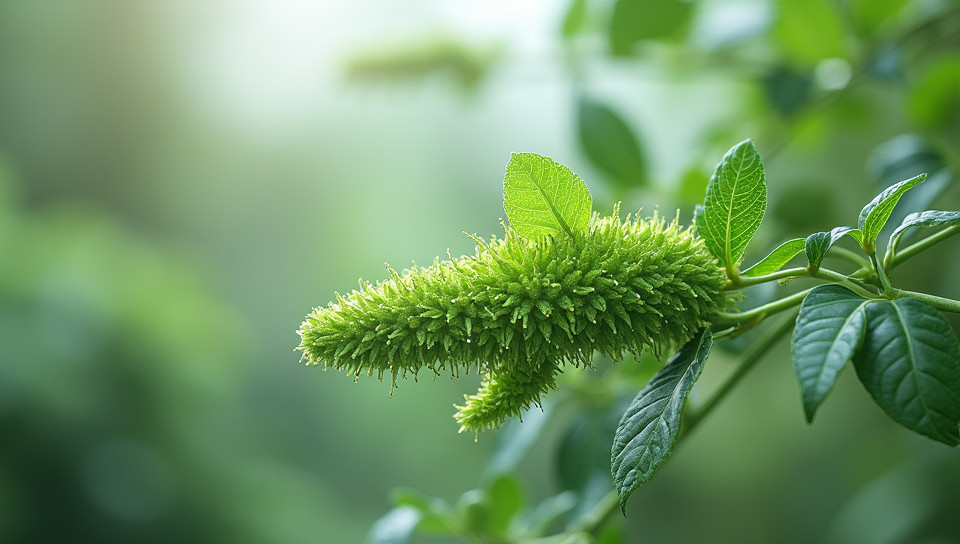Biotechnology enables the production of sustainable bioplastics 99%

Biotechnology Enables Sustainable Bioplastics: Revolutionizing the Industry
The world is facing an unprecedented plastic waste crisis, with millions of tons of non-biodegradable plastics ending up in oceans and landfills every year. Traditional plastics are made from fossil fuels, contributing to greenhouse gas emissions and climate change. However, a groundbreaking solution has emerged in the form of sustainable bioplastics produced through biotechnology.
The Benefits of Bioplastics
Bioplastics offer a game-changing alternative to traditional plastics. They are: - Made from renewable biomass sources such as corn starch, sugarcane, or potato starch - Compostable and biodegradable, reducing plastic waste and environmental pollution - Non-toxic and hypoallergenic, making them safe for human use
Biotechnology: The Key to Sustainable Bioplastics Production
Biotechnology plays a crucial role in the production of sustainable bioplastics. Microorganisms such as bacteria and yeast are engineered to produce biodegradable plastics from renewable biomass sources. This process involves:
- Genetic modification of microorganisms to enhance their ability to convert biomass into bioplastics
- Fermentation of biomass to produce bioplastics precursors
- Purification and processing of bioplastics to create a range of products
Applications of Sustainable Bioplastics
Sustainable bioplastics have numerous applications across various industries, including:
- Packaging: replacing traditional plastics in food packaging, bags, and containers
- Textiles: producing clothing and upholstery made from biodegradable fabrics
- Medical devices: creating implantable medical devices and disposable products
Conclusion
The production of sustainable bioplastics through biotechnology is a significant step towards reducing plastic waste and mitigating climate change. As the demand for eco-friendly plastics continues to grow, biotechnology companies are leading the charge in developing innovative solutions. By embracing this technology, we can create a more sustainable future for generations to come.
- Created by: Nathan Mercado
- Created at: Dec. 21, 2024, 3:48 p.m.
- ID: 16983






